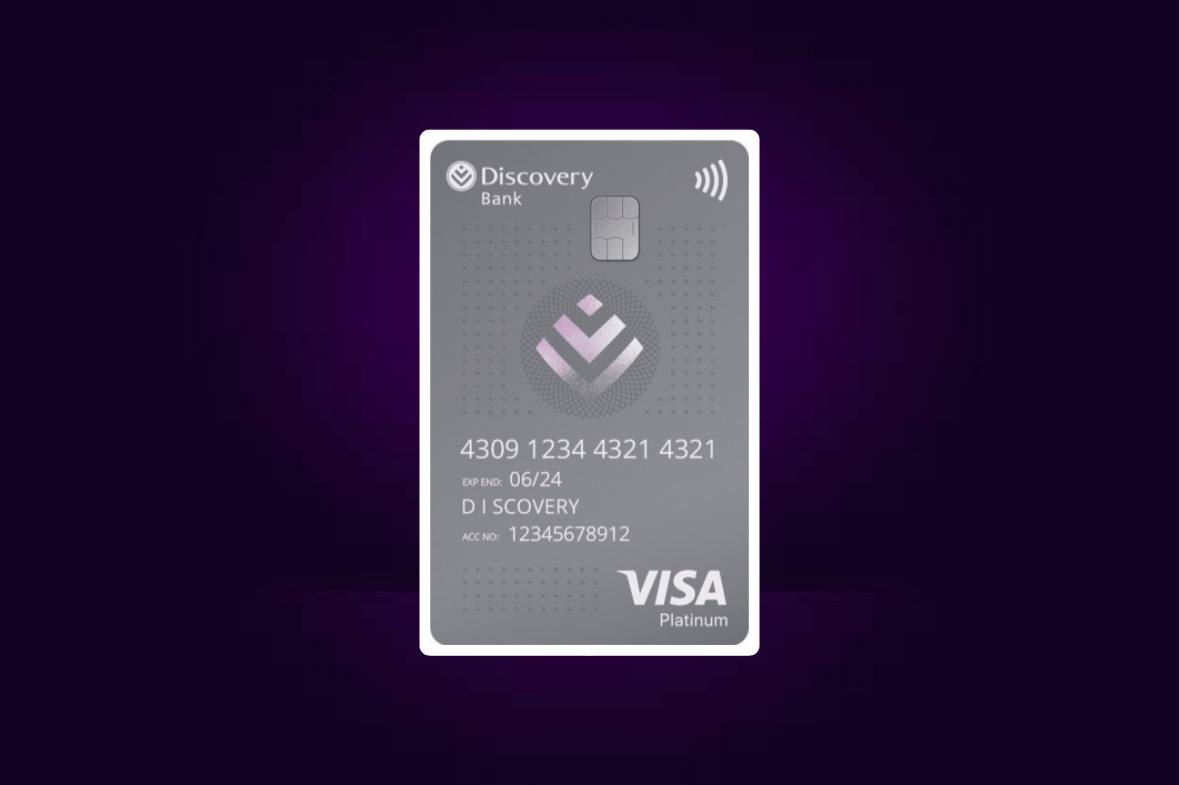Understanding the Key Advantages of Debt Consolidation Loans
A debt consolidation loan can serve as a powerful tool to reduce the interest rates on your existing debts, but it's crucial to grasp all the finer points!
Debt consolidation is a popular financial approach in the U.S. aimed at streamlining payments, lowering interest rates, and alleviating financial burdens.
A debt consolidation loan enables borrowers to merge several debts into one monthly payment, providing significant benefits for those aiming to reorganize their financial situation.

This article will delve into the key advantages of this loan type and how it can serve as an effective means to regain command over your finances.
What Exactly Is a Debt Consolidation Loan?
A debt consolidation loan is a credit option specifically designed to pay off various outstanding debts, including credit card balances, personal loans, and other installment accounts.
Rather than juggling multiple payments to different lenders, borrowers focus on a single payment, usually featuring a lower interest rate and a set repayment schedule.
1. Streamlined Payments
The primary advantage of debt consolidation loans is their simplicity. Handling multiple accounts with varying due dates and interest rates can be overwhelming.
Consolidating your debts means you only have one monthly payment to manage.
This not only simplifies financial oversight but also minimizes the likelihood of missed payments, helping you avoid late fees and penalties that could harm your credit rating.
2. Reduced Interest Rates
Many debts, especially credit card balances, often carry exorbitantly high interest rates that can soar above 20% per year.
Conversely, a debt consolidation loan generally presents a lower interest rate, particularly if you maintain a strong credit history.
3. Set Repayment Schedule
Unlike revolving debts like credit cards, consolidation loans are structured with fixed terms. This clarity allows you to know precisely when your debt will be fully paid, simplifying your financial planning.
Setting a clear term gives you a distinct end point for your obligations, which helps prevent the endless cycle of debt repayments.
4. Enhanced Credit Rating
Consolidating debts can boost your credit rating in various ways. Paying down high credit card balances lowers your credit utilization ratio, which is vital for your credit score.
Moreover, making timely payments on your new consolidated loan positively affects your credit history, enhancing your financial standing over time.
5. Lower Financial Anxiety
Juggling multiple debts can be quite stressful, especially as bills accumulate.
A debt consolidation loan can ease this burden by streamlining your finances and alleviating the stress of managing various due dates and lenders.
With fewer concerns, you can shift your focus to other essential areas of your life and strive towards your financial ambitions.
6. Savings on Time and Effort
Besides making payments easier, debt consolidation saves you time and energy spent on managing multiple accounts.
You won’t have to track various due dates anymore, significantly lowering the chances of mistakes that could lead to extra fees or harm your credit.
7. Better Negotiation Power with Creditors
When consolidating debts, especially in secured credit situations, you might find it easier to negotiate better terms with your creditors.
This could mean extended repayment terms or even reduced interest rates that align with your payment capabilities.
Things to Consider Before Choosing a Debt Consolidation Loan
While the advantages are evident, it’s essential to weigh several critical factors before opting for a debt consolidation loan:
- Financial Discipline: Debt consolidation won’t fix poor spending habits. It’s vital to assess your finances and plan to prevent new debt.
- Extra Expenses: Many loans involve origination fees and other charges that can raise the total repayment amount. Be sure to scrutinize the fine print.
- Collateral Risks: With secured loans, like those linked to property, failing to repay can lead to losing the asset used as collateral.
Options Besides Debt Consolidation
If a debt consolidation loan isn’t right for you, there are several other good alternatives:
- Debt Management Programs: Nonprofit groups can help you renegotiate debts and set up a repayment strategy.
- Balance Transfers: Certain credit cards provide introductory rates with little or no interest for balance transfers.
- Direct Negotiation: Reach out to your creditors directly to renegotiate terms, interest rates, or payment plans.





